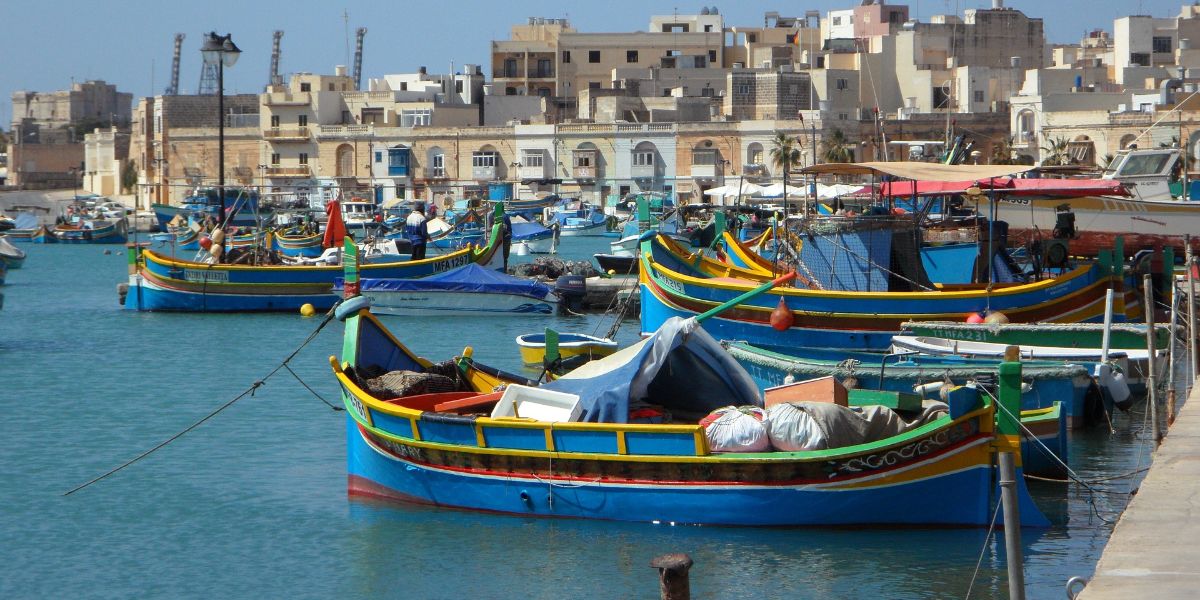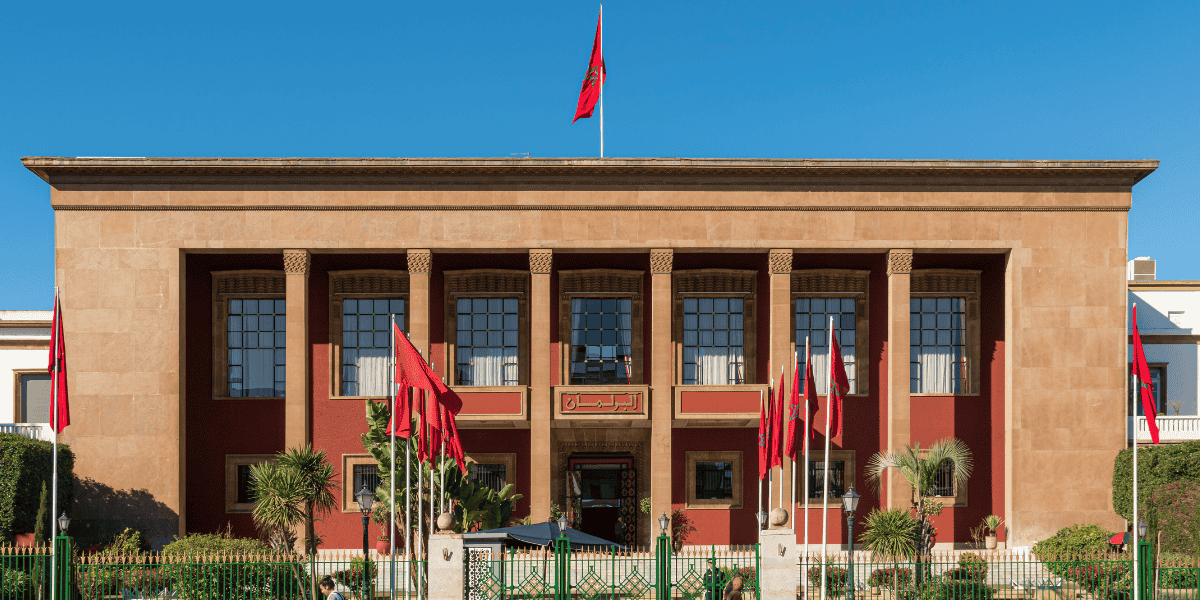On 6 February 2015 the IMF finished its first review of Morocco’s economic position in connection with a Precautionary Liquidity Line (PLL) arrangement that was approved by the IMF in August 2014. Under this arrangement Morocco would only draw down funds in the event of actual balance of payment needs. The intention behind the concept of a PLL which was first introduced in 2011 is that a country with sound economic fundamentals and strong economic policy but with some potential weaknesses would have funds available in the event of liquidity needs. For this reason the arrangement is only seen as precautionary.
The PLL provides an insurance against liquidity risks and against this background the IMF has urged continued reform. The IMF considers that Morocco has made progress in rebalancing the economy and reducing fiscal vulnerability but there are significant external risks. The fiscal deficit is being brought under control and came down to 4.9% of GDP in 2014, while subsidies were removed from liquid petroleum products and expanded support give to low income groups.
The IMF noted that the new organic budget law will produced a stronger budgetary framework. The IMF is encouraging Morocco to reform the public pension system as a priority. It also considers that continuing the tax reform is important in strengthening the fiscal sector’s contribution to economic growth. Structural reforms are needed to make Morocco more competitive and more transparency is required in the business sector. Improved corporate governance is necessary and labor market reform should also be carried out.
Businesses operating in Morocco should therefore be aware that reforms in the near future are likely to affect them in the areas of corporate governance, labor law, pensions and taxation.














